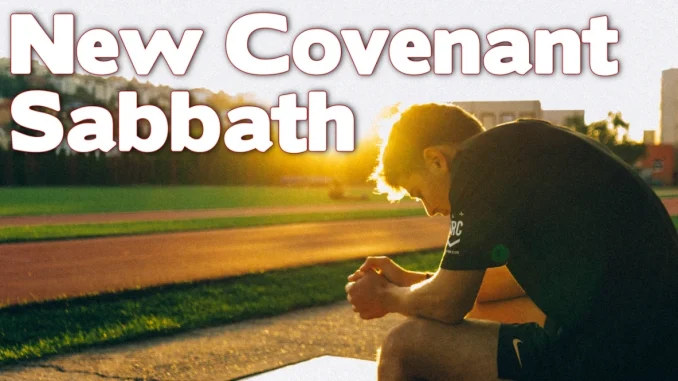
The Early Church and Sunday Worship: Understanding the True Sabbath Rest in Christ
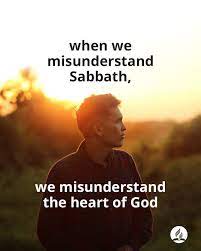
The Early Church’s Practice of Sunday Worship
From the very beginning, the early Church met on Sundays, a practice documented in the New Testament, reflecting a significant shift from the traditional Jewish Sabbath observed from Friday evening to Saturday evening.
Acts 20:7 (NASB) states, “On the first day of the week, when we were gathered together to break bread, Paul began talking to them, intending to leave the next day, and he prolonged his message until midnight.” This passage shows that early Christians gathered on the first day of the week, which is Sunday, to share communion and hear teachings.
Similarly, 1 Corinthians 16:2 (NASB) notes, “On the first day of every week, each one of you is to put aside and save, as he may prosper, so that no collections be made when I come.” This indicates that the early Christians regularly met on Sundays for communal activities, including offerings and fellowship.
The Old Testament Sabbath: A Shadow of the True Rest in Jesus
The Old Testament Sabbath was instituted by God as a day of rest, a sign of the covenant between Him and Israel. However, this Sabbath was a mere shadow pointing to the true rest found in Jesus Christ. Colossians 2:16-17 (NASB) explains, “Therefore no one is to act as your judge in regard to food or drink or in respect to a festival or a new moon or a Sabbath day—things which are a mere shadow of what is to come; but the substance belongs to Christ.“
Jesus fulfilled the Sabbath, offering spiritual rest and renewal. In Matthew 11:28 (NASB), He invites, “Come to Me, all who are weary and heavy-laden, and I will give you rest.” This rest in Christ is the true Sabbath rest, surpassing the physical rest symbolised by the Old Testament Sabbath.
The Fulfilment of the Law and the New Covenant
With Jesus’ coming, the Old Covenant and its laws, including the Sabbath, were fulfilled and rendered obsolete. Hebrews 8:13 (NASB) states, “When He said, ‘A new covenant,’ He has made the first obsolete. But whatever is becoming obsolete and growing old is ready to disappear.” The New Covenant, established through Jesus, supersedes the Mosaic Law.
The New Covenant: For Israel and Beyond
The New Covenant, initially made with the house of Israel, extends its blessings to all believers, including Gentiles. Hebrews 8:8-10 (NASB) quotes Jeremiah 31:31-34, highlighting the promise of the New Covenant: “For finding fault with them, He says, ‘Behold, days are coming, says the Lord, when I will effect a new covenant with the house of Israel and with the house of Judah; not like the covenant which I made with their fathers… For this is the covenant that I will make with the house of Israel after those days, says the Lord: I will put My laws into their minds, and I will write them on their hearts. And I will be their God, and they shall be My people.'”
Romans 11 discusses how Gentiles have been grafted into the rich root of the olive tree, symbolising their inclusion in the blessings of the New Covenant. Romans 11:17 (NASB) explains, “But if some of the branches were broken off, and you, being a wild olive, were grafted in among them and became partaker with them of the rich root of the olive tree.”
The Law of Christ: The Essence of the New Covenant
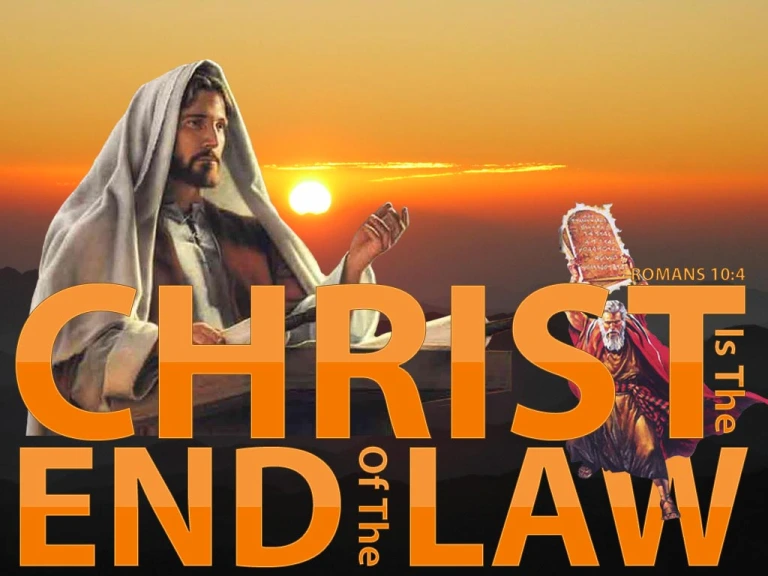
The New Covenant is not a mere continuation of the Mosaic Law but is founded on the Law of Christ and His commandments. Galatians 6:2 (NASB) instructs, “Bear one another’s burdens, and thereby fulfil the law of Christ.” The Law of Christ is rooted in love and grace, encompassing commands such as loving God and loving one’s neighbour (Matthew 22:37-40 NASB).
The Mosaic Law was external and failed because of human weakness and sinfulness. Under the New Covenant, God writes His laws on believers’ hearts. Hebrews 8:10 (NASB) declares, “For this is the covenant that I will make with the house of Israel after those days, says the Lord: I will put My laws into their minds, and I will write them on their hearts. And I will be their God, and they shall be My people.”
The Laws of Christ and the Laws of Moses have distinct differences in purpose, scope, and application. Here’s a comparison:
Laws of Moses (Old Covenant):
- Given to the Israelites at Mount Sinai (Exodus 20)
- Consisted of 613 commandments (mitzvot) governing various aspects of life
- Focused on external behaviour, rituals, and moral codes
- Aimed to set Israel apart as God’s chosen people and prepare them for the Messiah
- Emphasised punishment and retribution for disobedience (Deuteronomy 28)
- Temporary and provisional, awaiting the fulfilment of the New Covenant (Jeremiah 31:31-34)
Laws of Christ (New Covenant):
- Given by Jesus Christ, the Messiah, through His teachings and example
- Emphasise internal transformation, love, and grace (Matthew 22:37-40, John 13:34)
- Focus on the heart and motivations, rather than external actions alone (Matthew 5:21-22, 27-28)
- Universal, applying to all believers, regardless of ethnic or cultural background
- Emphasise forgiveness, mercy, and restoration (Matthew 18:21-22, Luke 17:3-4)
- Eternal and universal, superseding the Old Covenant (Hebrews 8:13, Galatians 3:24-25)
Key differences
The Laws of Moses were primarily external, while the Laws of Christ are internal and heart-focused. – The Old Covenant emphasised punishment, while the New Covenant emphasises forgiveness and grace. – The Laws of Moses were temporary, while the Laws of Christ are eternal. In summary, the Laws of Christ are a higher calling, emphasising love, grace, and internal transformation, while the Laws of Moses were a preparatory stage, focusing on external behaviour and rituals.
Why The Mosaic Law Failed
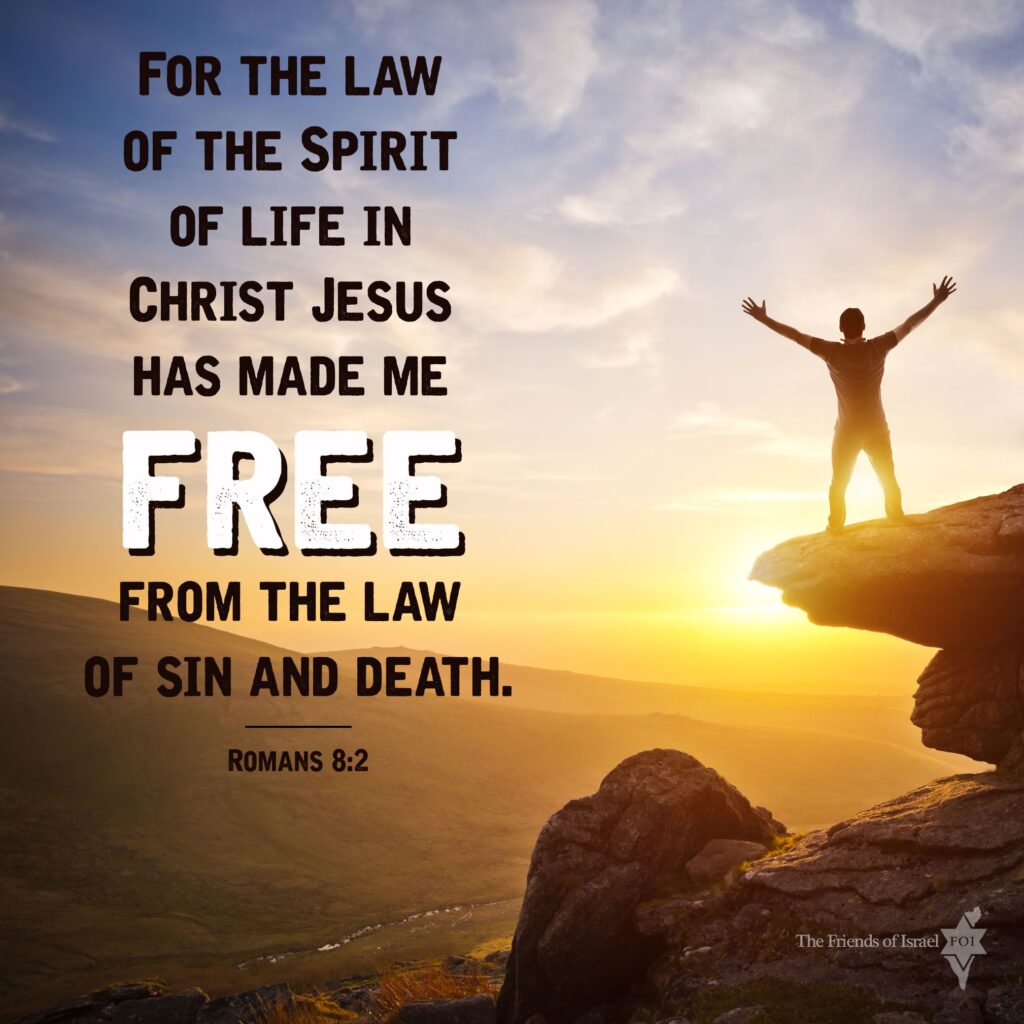
The Mosaic law, though given by God, failed to bring righteousness to the people of Israel for several reasons:
- External focus: The law emphasised external behaviour, rituals, and sacrifices, but didn’t address the heart and inner motivations.
- Legalism: The law created a legalistic system, where obedience was seen as a means to earn God’s favour, rather than a response to His grace.
- Weakness of human nature: The law revealed the weakness of human nature, as people struggled to keep its commands (Romans 8:3).
- Curse and condemnation: The law brought a curse for disobedience (Deuteronomy 27:26), and its strictness highlighted humanity’s sinfulness, leading to condemnation (2 Corinthians 3:7-9).
- Temporary and provisional: The Mosaic law was intended to be temporary, preparing Israel for the Messiah (Galatians 3:24-25).
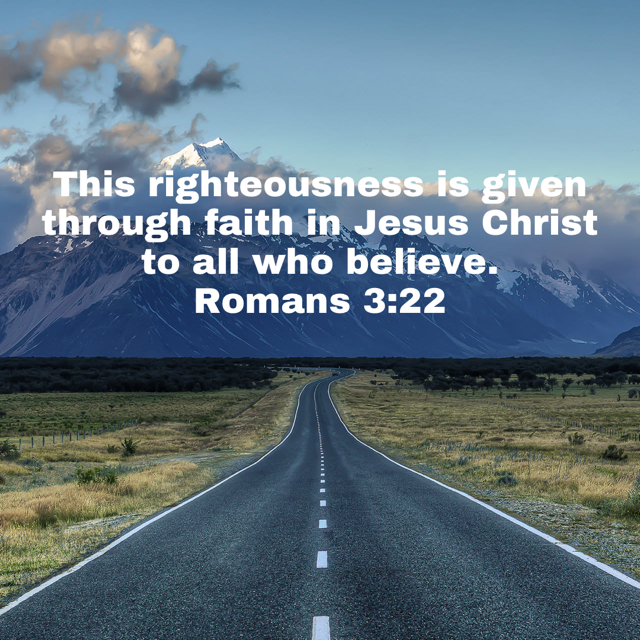
In contrast, the New Covenant gifts righteousness to God’s people through:
- Grace and faith: Righteousness comes through faith in Jesus Christ, apart from works (Romans 3:28, Ephesians 2:8-9).
- Internal transformation: The Holy Spirit works internally, renewing hearts and minds (2 Corinthians 3:18, Philippians 2:13).
- Imputed righteousness: Christ’s righteousness is credited to believers (Romans 3:22, 2 Corinthians 5:21).
- Empowerment by the Spirit: Believers are empowered by the Holy Spirit to live a righteous life (Romans 8:4, Galatians 5:16).
- Eternal and unconditional: The New Covenant is eternal, and its promises are unconditional, based on God’s faithfulness (Hebrews 8:6-13, 2 Corinthians 1:20).
In summary, the Mosaic law, though given by God, was limited in its ability to bring righteousness due to its external focus, legalism, and human weakness. In contrast, the New Covenant gifts righteousness through grace, faith, internal transformation, and the empowering work of the Holy Spirit.
Conclusion
The early Church’s practice of meeting on Sundays signifies the fulfilment of the Old Testament Sabbath in Christ, who offers true spiritual rest. The New Covenant, initially made with Israel, extends its blessings to all believers, transforming the Mosaic Law into the Law of Christ. This New Covenant, centred on love and grace, calls believers to a higher standard, writing God’s laws on their hearts and minds. In this way, the New Covenant believers live out their faith in a dynamic and intimate relationship with God, empowered to fulfil His commandments through the indwelling Holy Spirit.
